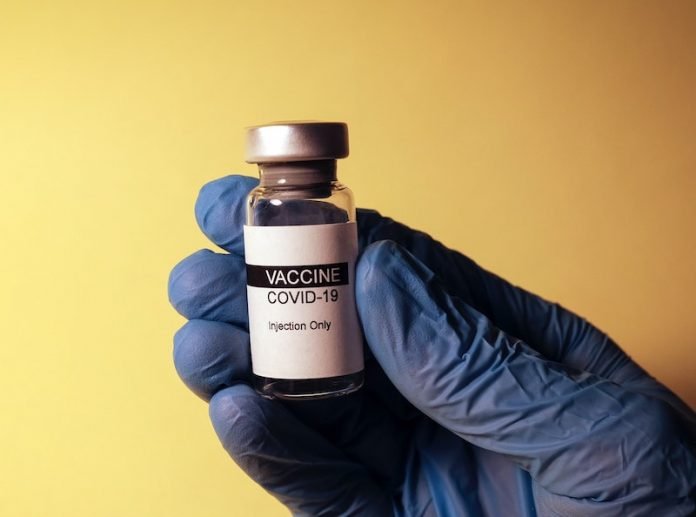
In a new study, researchers found that a single dose of the Pfizer vaccine provides “very high” protection from COVID-19 after 21 days—without a ‘top-up’ dose in the recommended time frame.
A second dose of the Pfizer vaccine would normally be given 21 days or more after the first to top up and lengthen the effect of the first dose.
The researchers found that the Pfizer vaccine becomes 90% effective after 21 days—supporting UK plans to delay the timing of a second injection.
But they warn that people’s risk of infection doubled in the first eight days after vaccination—possibly because people become less cautious.
The research was conducted by a team at the University of East Anglia.
In the study, the team looked at data from Israel, where the vaccine has been rolled out.
They found that after the initial vaccination—case numbers increased for eight days before declining to low levels by day 21.
Surprisingly, the daily incidence of cases increased strongly after vaccination till about day eight—approximately doubling.
It may be related to people being less cautious about maintaining protective behaviors as soon as they have the injection.
The team found that the vaccine effectiveness was still pretty much zero until about 14 days after people were vaccinated.
But then after day 14, immunity rose gradually day by day to about 90% at day 21 and then didn’t improve any further. All the observed improvement was before any second injection.
This shows that a single dose of vaccine is highly protective, although it can take up to 21 days to achieve this.
The team says whilst they do not know how long this immunity will last beyond 21 days without a second booster, they are unlikely to see any major decline during the following nine weeks.
One author of the study is Prof Paul Hunter from UEA’s Norwich Medical School.
The study is published in medRxiv.
Copyright © 2021 Knowridge Science Report. All rights reserved.



